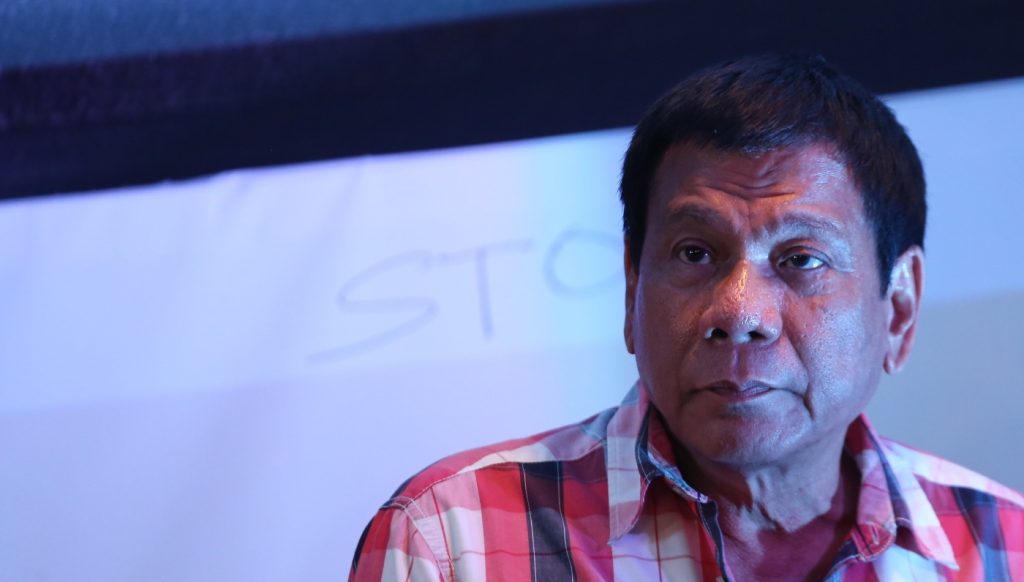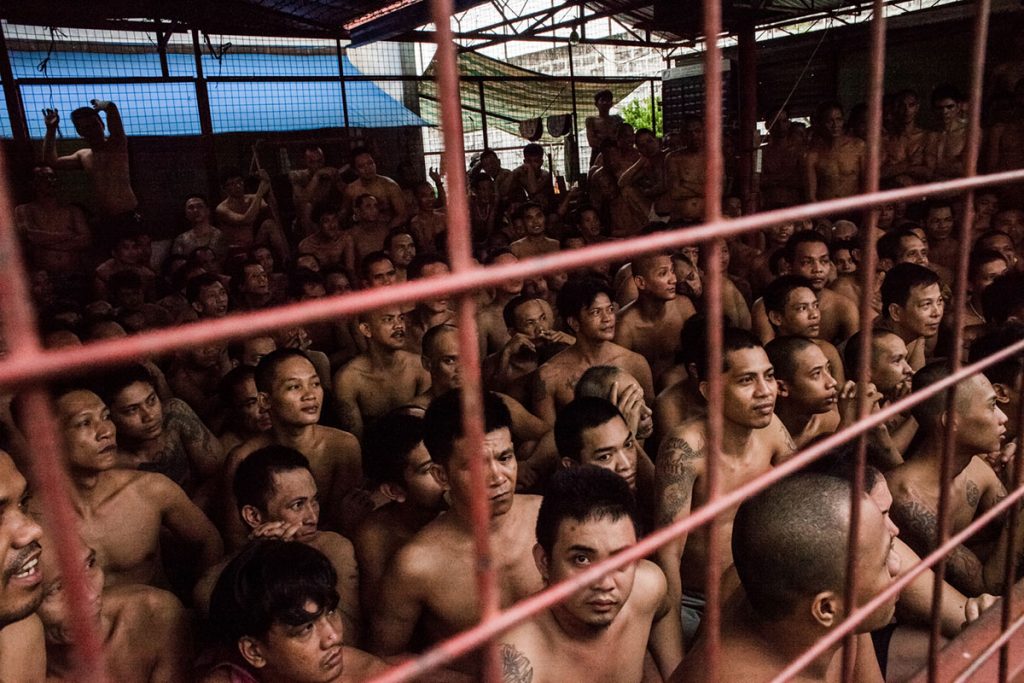Over the past year, much has been written about the horrific consequences of the Philippines’ war on drugs, led by its frankly psychopathic president, Rodrigo Duterte.
Thousands have died, gunned down in the streets by police and masked vigilantes, simply for having anything to do with illegal drugs. The reign of terror that has engulfed the country has turned the backstreets and slums of Manila into a war zone, leaving everybody wondering just how it will all end.
A few months ago, it produced a paradox – it emerged that the instigator of all of this death and destruction was himself – allegedly – a drug abuser. Duterte, it was claimed, was hooked on Fentanyl. Now, just as the violence is being ramped up once again, another paradox has emerged. Earlier this month, just one day after the Filipino parliament approved a third and final reading of a Bill which will reinstate the death penalty for drug-related offences, the House Committee on Health endorsed another Bill which, if passed into law, will legalise and regulate the use of medical cannabis.
According to the Asian Correspondent, House Bill 180
[..] prescribes the rules for the proper use of medical marijuana, including the designation of a qualified medical cannabis physician, a medical cannabis patient who shall be issued an identification card, a qualified medical cannabis caregiver and a qualified medical cannabis compassionate centre.
The Bill’s sponsor, Rep. Seth Jalosjos, has said that legalising medical cannabis will “benefit thousands of patients suffering from serious and debilitating diseases” whilst its author, Rodito Albano, is adamant that the Bill can pass even with Duterte in charge. “I have high hopes under the Duterte administration that this measure would be enacted into law,” he told the PhilStar:
Finally, there is hope for our people, especially our children, who suffer from medical conditions like epilepsy, cancer and multiple sclerosis…Unlike many medical professionals, President Duterte has an open mind on medical cannabis.
He may have a point. Duterte is on record as saying, whilst he was Mayor of Davao, “Medicinal marijuana, yes, because it is really an ingredient of modern medicine now. There are drugs right now being developed or already in the market that (have) marijuana as a component.”
However, the lawmakers are clearly not blind to the problems that this new law could create. For example, it seems unlikely that many medical cannabis users are going to want to be identified as such in a country where simple possession of cannabis for recreational use can lead to life imprisonment. In an effort to ease those worries, the Bill’s authors insist that it would provide a high level of confidentiality in order to protect patients from discrimination and harm.
It remains to be seen, however, whether that will be enough to convince people to enrol in the new system, should the Bill become law. Despite Duterte’s apparent acceptance of the medical benefits of cannabis use, he is still a highly unstable leader who has, since day one of his presidency, waged all out war on drugs and drug users. In this case, cannabis users may be justified in their paranoia, especially when they see what else Duterte has said about cannabis, such as this quote, taken from the same interview in which he appeared to back medical use of the drug.
“If you just smoke it like a cigarette, I will not allow it, ever.” he said “It remains to be a prohibited item and there’s always a threat of being arrested. If you choose to fight the law enforcement agency, you die.”
Given that the President’s war on drugs has so far been carried out in large part by vigilantes, reacting to his clearly expressed desire to kill all drug users, it is hardly surprising, given comments like the one above, that medical cannabis users are cautious. Masked men on motorbikes roaming the streets looking for drug users to murder with impunity don’t tend to stop to check whether their victim is carrying an identification card.
Clearly then, this proposed new law is a very long way from perfect. In fact, whilst Duterte’s drug war continues to rage, it is essentially useless to those who genuinely need it.
What it does highlight, however, is the level at which the medical use of cannabis is now accepted throughout the world. Even in a country that wants to murder all drug dealers and put regular pot smokers in prison for life, cannabis’ medical efficacy is acknowledged by the highest power in the land.
All of which makes the insistence of the UK government that cannabis is a harmful drug with no known medical uses seem increasingly absurd and inhumane. We may not lock up cannabis users for life, or gun dealers down in the streets in this country, but when we’ve been made to look uncaring towards some of the most vulnerable members of our society by a country that does, it is time to stop pretending we’re so much better than them, and to change course immediately.
Deej Sullivan is a journalist and campaigner. He regularly writes on drug policy for politics.co.uk, London Real, and many others, and is the Policy & Communications officer at Law Enforcement Against Prohibition UK. Tweets @sullivandeej


